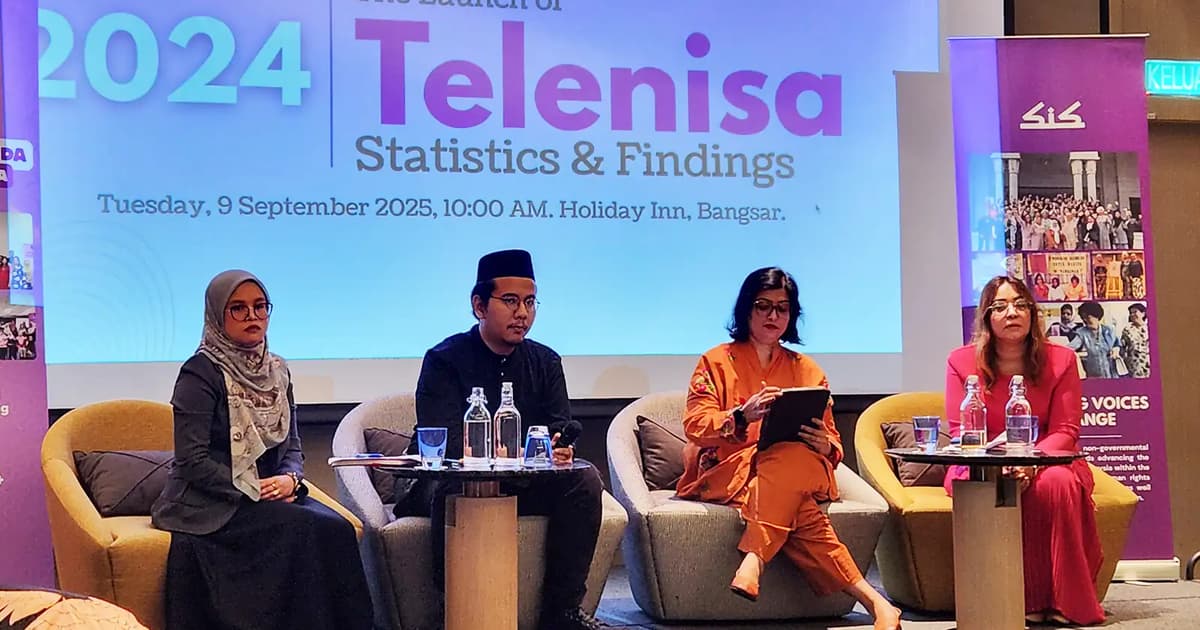
Women’s rights group SIS Forum (Malaysia) has proposed the establishment of an interim child support fund to assist mothers and children who are awaiting the resolution of their maintenance claims.
SIS Forum (Malaysia) communications manager Ameena Siddiqi said such a fund could work hand in hand with a proposed federal child support agency.
She added that the group had discussed the matter with the women, family, and community development ministry.
“The fund can come under any ministry, even the Prime Minister’s Department. There should be a special allocation in the national budget for this fund,” she said during a panel discussion after the group launched its report on the findings of its legal clinic, Telenisa, for 2024.
Other panellists were shariah lawyer Nor Liana Ali and Women’s Aid Organisation executive director Nazreen Nizam. The session was moderated by Syahmie Fayyadh Jaafar, an officer from SIS Forum (Malaysia).
During the Dewan Rakyat debate on the 13th Malaysia Plan, Seputeh MP Teresa Kok had proposed the setting up of a federal child support agency to automatically enforce maintenance payments on fathers who fail or refuse to support their children.
She said many mothers were forced to become “personal debt collectors chasing down ex-husbands” to claim child maintenance, and that the government should emulate agencies in countries like Australia, the UK and Canada, where state-run systems enforce maintenance payments through measures such as wage deductions and passport suspensions.
The Malaysian Bar backed Kok’s proposal, saying such a framework would reduce the strain on courts, lower legal costs for vulnerable parties, and strengthen the family institution.
The Telenisa report recorded a total of 30 child maintenance cases for 2024, with the highest number involving unemployed fathers (12).
The legal clinic said 10 cases involved instances where insufficient maintenance was paid, followed by three cases of the father breaching court orders, two of failure to provide maintenance, and two in which no court order was served on the father. One case was classified as “others”, with zero cases of missing fathers recorded.
The report documented a total of 188 cases, with main issues identified as communication problems leading to marital breakdown, domestic violence, and child maintenance disputes.
Key patterns observed included limited access to legal representation, delays in court proceedings, and widespread confusion about rights in divorce, custody, and post-divorce entitlements.






